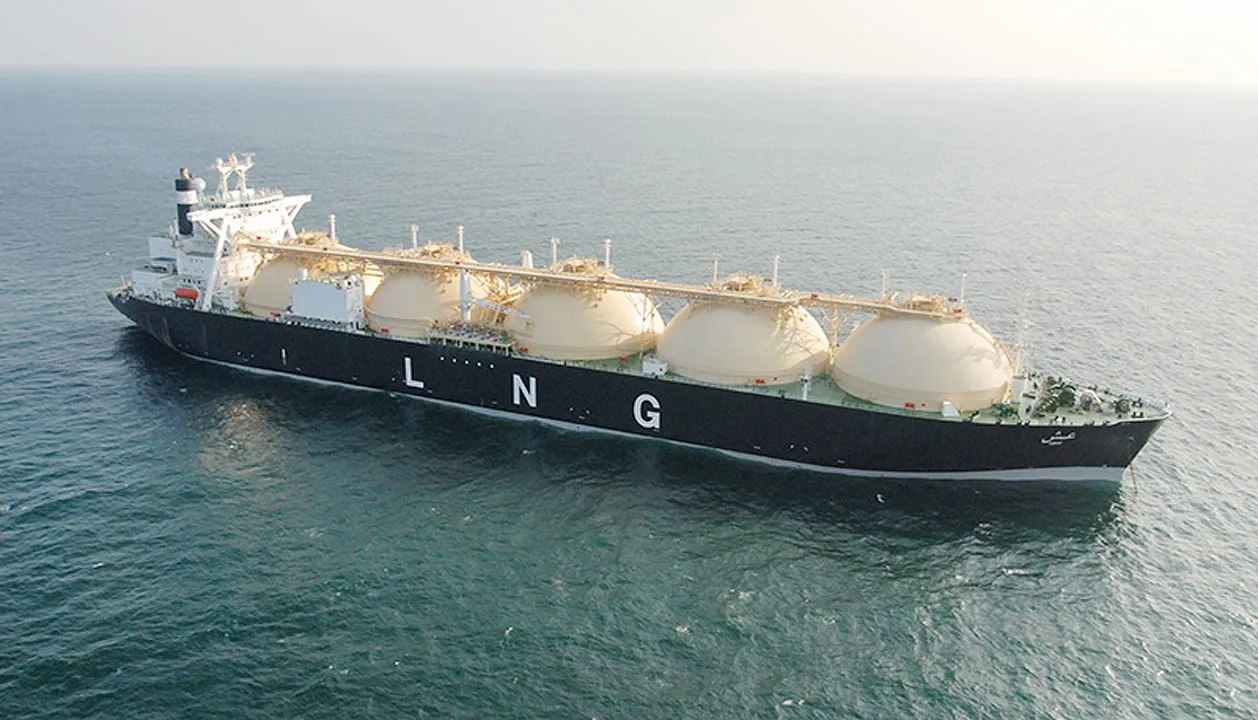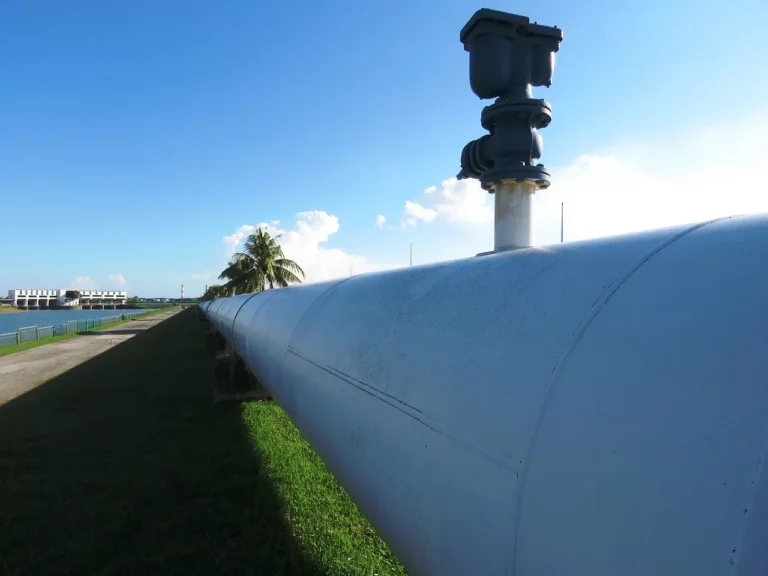
TotalEnergies Secures Long-Term LNG Supply Deal with KOGAS: 1 Million Tons Annually for a Decade
TotalEnergies and Korea Gas Corporation (KOGAS), South Korea’s state-owned natural gas company, have signed a landmark Heads of Agreement (HoA) that will reshape the flow of liquefied natural gas (LNG) into Asia’s fourth-largest economy. The deal covers the supply of 1 million tons of LNG per year over a period of 10 years, beginning at the end of 2027, marking a significant step forward in both companies’ strategic ambitions.
This new agreement was the result of a competitive international tender organized by KOGAS, reflecting the high demand and growing competition for LNG supply contracts in Asia. The partnership not only strengthens TotalEnergies’ role as a global LNG leader but also reaffirms South Korea’s strategy to diversify its energy sources and maintain stability in an era of shifting global energy markets.
Scaling Up Supply to Meet South Korea’s Demand
With this latest agreement, the total LNG volumes supplied by TotalEnergies to KOGAS will increase to 3 million tons per year from 2028 onward, further cementing the French energy major’s position as one of South Korea’s key LNG partners. These additional volumes will be distributed across Korea’s industrial, commercial, and residential sectors, powering manufacturing plants, supporting energy-hungry businesses, and meeting household heating and electricity needs.
KOGAS remains the world’s largest LNG importer, a title that underscores South Korea’s heavy reliance on imported natural gas for its energy security. The country imports nearly all of its natural gas, given the absence of significant domestic reserves. LNG plays a critical role in South Korea’s energy mix, not only as a cleaner alternative to coal and oil but also as a complement to the expansion of renewables and the phasing out of nuclear energy in certain policy scenarios.
Global Portfolio Advantage
The LNG supplied under this contract will come from TotalEnergies’ diversified global LNG portfolio, with a particular emphasis on its fast-growing U.S. LNG production and offtake capacity. This sourcing strategy provides KOGAS with secure access to competitively priced gas while also reducing reliance on a single region or supplier.
For TotalEnergies, leveraging U.S. LNG projects—including its participation in large-scale ventures such as Cameron LNG and the expansion of LNG export capacity across the Gulf Coast—ensures that the company can deliver volumes reliably to Asian customers. U.S. LNG has increasingly become an anchor of global LNG trade, especially after Europe’s surge in demand following supply disruptions linked to the Russia-Ukraine conflict.
Leadership Statements
Patrick Pouyanné, Chairman and CEO of TotalEnergies, emphasized the importance of the deal in supporting the company’s broader LNG growth strategy:
“We thank KOGAS for its trust in TotalEnergies’ ability to supply its Asian customers with reliable and competitive LNG through its global portfolio. This agreement enables TotalEnergies to secure long-term outlets in Asia, consistently with the growth of its LNG supply, particularly from the United States.”
Yeonhye Choi, President and CEO of KOGAS, highlighted how the partnership strengthens South Korea’s energy resilience:
“We are pleased to finalize this agreement with TotalEnergies, which not only enhances the economic value of our LNG portfolio but also contributes to diversifying our sources of LNG supply. This engagement reinforces our commitment to securing a stable LNG supply amid a rapidly changing global energy landscape. We look forward to further strengthening our relationship with TotalEnergies to support a sustainable LNG value chain.”
Strategic Importance of the Deal
This 10-year agreement carries several layers of strategic significance:
- For South Korea:
- The deal diversifies LNG sourcing at a time when global energy supply chains are vulnerable to geopolitical disruptions.
- It strengthens long-term energy security by locking in competitive pricing and supply certainty.
- It supports South Korea’s transition goals by ensuring a steady supply of natural gas, which emits fewer carbon emissions compared to coal.
- For TotalEnergies:
- It deepens the company’s footprint in the Asian LNG market, the fastest-growing region for natural gas demand.
- It secures long-term revenue streams aligned with its strategy to expand LNG capacity to 50 Mt per year by 2028.
- It positions TotalEnergies as a reliable partner to state-backed utilities in major economies.
LNG in South Korea’s Energy Mix
Natural gas is expected to play an essential bridging role in South Korea’s 2050 carbon neutrality roadmap. While renewable energy deployment—particularly solar and offshore wind—is accelerating, LNG continues to provide the flexibility needed to balance intermittent renewables. At the same time, LNG allows South Korea to reduce its dependence on coal-fired power, which remains a significant contributor to emissions and air pollution.
KOGAS, with its extensive LNG regasification terminals and distribution networks, is central to this transition. The company has been expanding its infrastructure to meet future demand, including investments in storage facilities and pipeline networks that can adapt to both natural gas and potential future fuels such as hydrogen or ammonia.
Global LNG Market Context
This deal also comes at a pivotal time for the global LNG industry. Demand in Asia, led by China, Japan, and South Korea, continues to grow, even as Europe remains a major LNG importer following its pivot away from Russian pipeline gas. Competition for LNG cargoes has intensified, making long-term contracts such as this one more critical for securing stable supplies.
U.S. LNG, in particular, has become a cornerstone of global supply. With flexible contract structures and destination-free cargoes, American LNG provides importers like KOGAS the ability to adjust to market conditions more easily than traditional pipeline gas or rigid supply contracts.
For suppliers like TotalEnergies, entering into long-term agreements provides the financial stability necessary to justify further investment in upstream gas production, liquefaction terminals, and shipping fleets.
Strengthening Bilateral Ties
Beyond the commercial aspects, the deal enhances France-South Korea energy relations, reinforcing diplomatic and economic ties. South Korea has been actively forging strategic partnerships with energy companies and governments worldwide to ensure its long-term supply security. Partnering with European energy majors like TotalEnergies reduces dependency on Middle Eastern or Russian sources and creates a more balanced supply portfolio.







